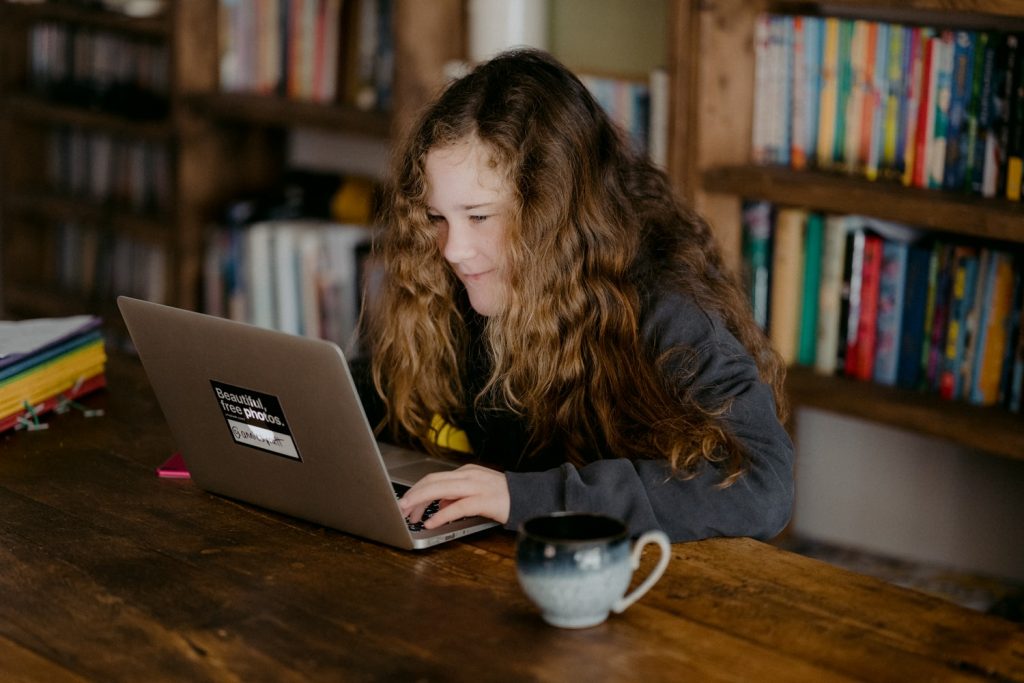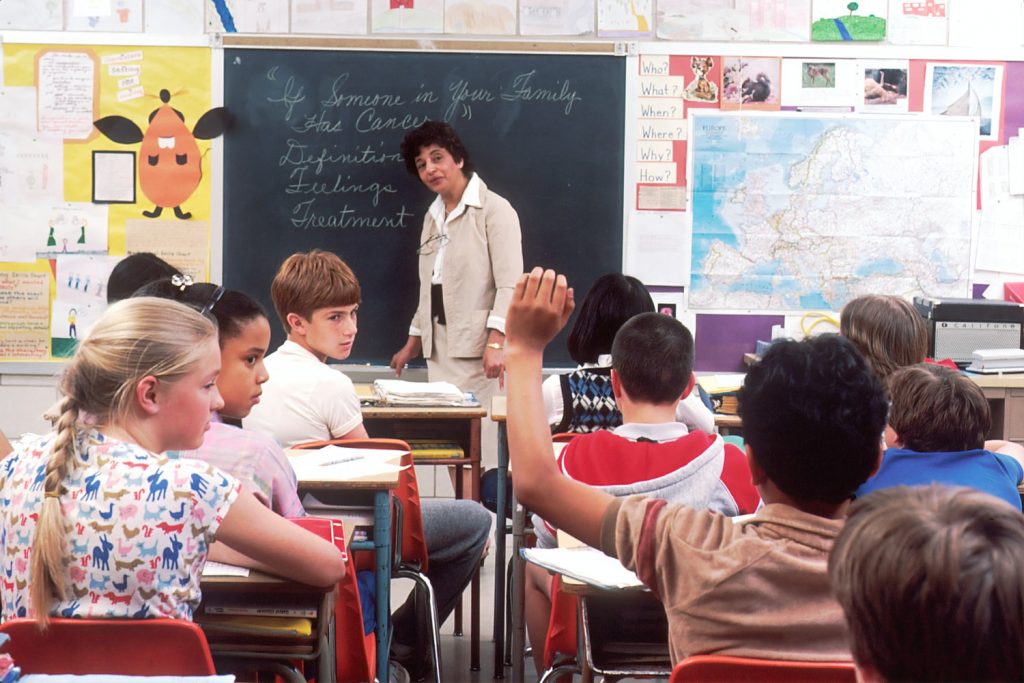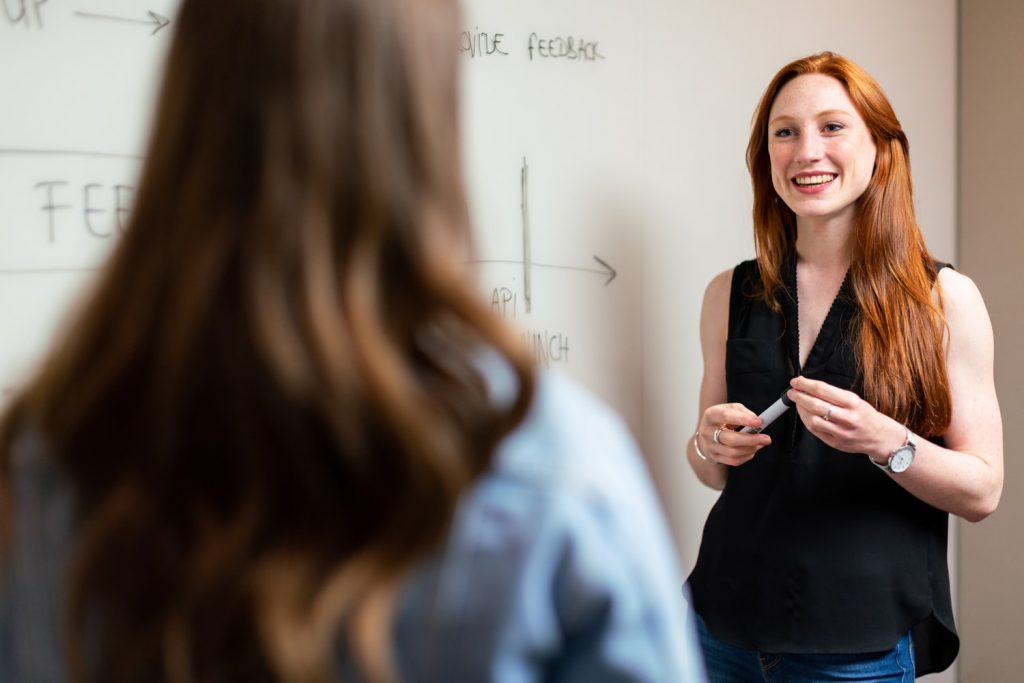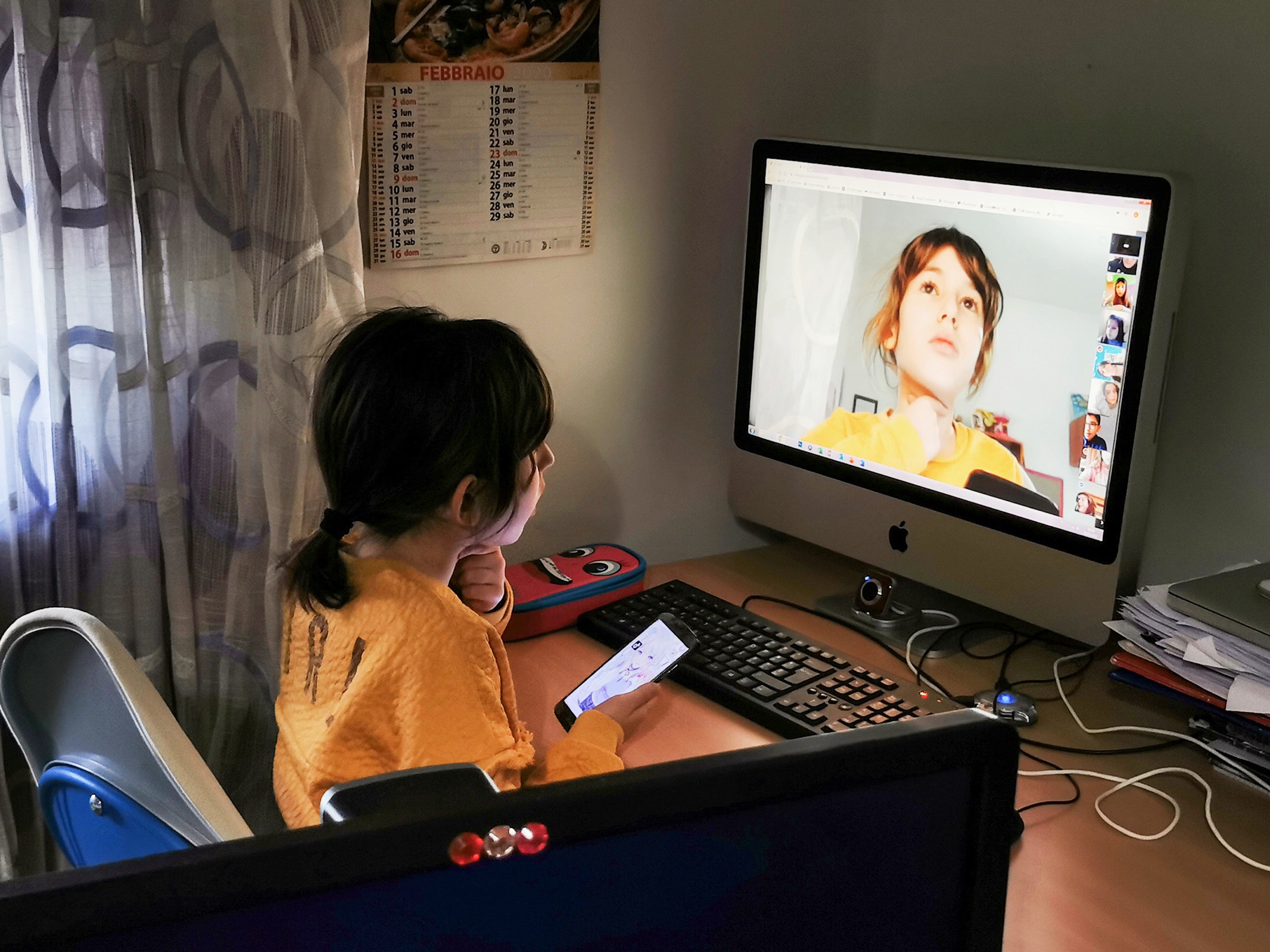Thanks to the global pandemic most countries are now operating in one form or another of lockdown or quarantine. Children and young people have been sent home from schools and places of higher education and lessons and exams are now entirely being delivered online. What impact will the ‘virtual school’ have on learning now and in the future?
#1 (Some) Children are receiving an education
Let’s first of all give a shout-out for all the teachers everywhere in the world who’ve had to pivot their teaching to delivery via online classrooms in a matter of weeks, and who are managing to continue delivering an education to their pupils while at home. I’m constantly amazed by the resourcefulness and dedication of the teaching community, and I know from talking to teachers themselves how much blood, sweat, tears and sleepless nights has gone into making this happen.

#2 Poorer kids are disadvantaged
Unfortunately, the move (however temporary) to online education dramatically disadvantages the poorer members of society everywhere. We have already seen gaps opening up over which children have equipment at home to receive home schooling, and over which parents feel able to support their children in their learning at home. The repercussions from this period for the most disadvantaged members of our societies are likely to be dramatic and long-lasting.
In fact two thirds of UK children have not taken part in online lessons during lockdown, with private school pupils more than twice as likely to have received daily online tuition than their state educated peers, according to a poll by the Sutton Trust. The poll also found only 42% of parents feel confident home-schooling their children with 47% of middle class parents feeling confident compared to just 37% of working class parents.
#3 Reduced teacher:pupil contact time

However good the online classrooms are, one thing that children are really feeling the impact of right now is reduced contact with their teachers. Even private schools have reduced lesson lengths, being aware that extended periods of screen time is exhausting for everyone involved. The result is that many children are missing out on the attention only a teacher can give them when they are in front of them in a classroom (even a virtual one), in checking in with them and giving them help and support.
#4 Zoom fatigue is real
Video seminars and classes are the default right now and the speed with which they have become draining has surprised everyone. There are very good reasons for this, not just related to staring at a screen, but in the effort required to focus on often very poor audio quality, the struggle to read non verbal communication and the discomfort we all feel at being forced to stare at our own face throughout. Children are significantly more exhausted at the end of a day learning on screens than they would be in a physical classroom because of the extra focus and concentration it requires.
#5 Creativity is booming
The pandemic has forced teachers and pupils alike to be creative, not only in their use of all the available technology, but also in thinking up alternatives to screen-based tasks when learning remotely. New approaches and skills have been learnt which will benefit children into their workplaces and far beyond.
#6 Resilience and flexibility are being strengthened
We’ve known for a while of the importance of building resilience in children and of the life-long benefit to them if they develop this trait at school. There’s no doubt that this pandemic is testing children as few recent generations before have been tested. But we know that when they come out the other side they will have proved to themselves that they can deal with their world being turned upside down and that they survived, and in many cases even thrived – a perfect lesson in resilience.
#7 Screentime is soaring
All the concerns about excessive time being spent on screens still very much exist even now in a world where our children have to use them for all of their their education and social connection. Cyber safety issues are on the rise as children spend more time online and are more available for trolling, stalking and cyberbullying. Keeping an eye on screen time after the virtual school day is over and encouraging screen-free breaks throughout the day for meals, breaks and exercise is critical in helping keep children safe and healthy.
#8 Online classrooms are no substitute for a great teacher

However innovative and creative the online education provision for children is right now, at the end of this period online classrooms are going to show us one thing: that they are no substitute for the presence of a dedicated and inspiring teacher. Especially one who can read the unspoken communication from those in their classroom and adjust their teaching accordingly. We may have gone into this pandemic thinking that tech would fast-track us to a world without the need for human connection in many areas of our lives, but we will end it being very grateful for it – not least in our classrooms.

